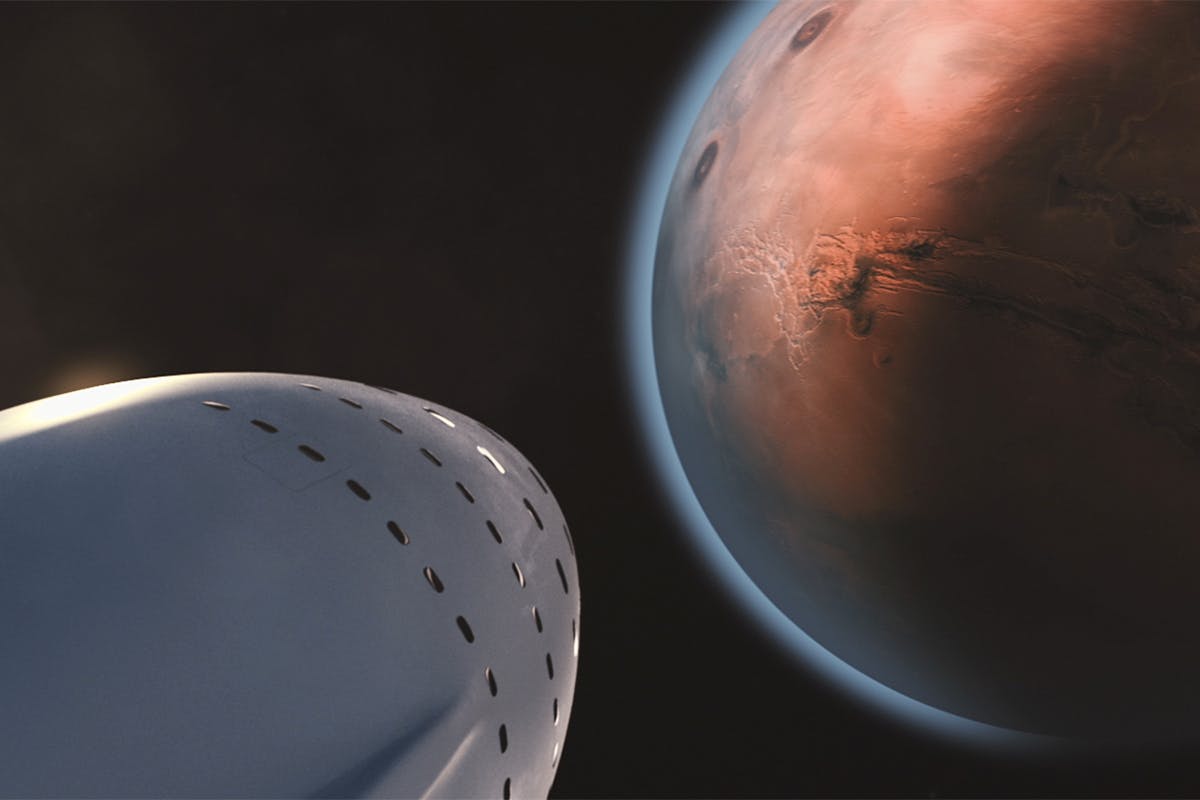Do you want to live forever?
New computer chip could make this possible
Researchers at Stanford University have developed a new computer chip that could allow humans to live forever. The chip, called the “Immortality Chip,” would be implanted in the brain and would back up a person’s memories and thoughts. Researchers at prestigious Stanford University have achieved an astonishing breakthrough in the field of technology and human longevity: the development of an innovative computer chip that could redefine the concept of life and death.
Called the “Immortality Chip,” this tiny electronic device is designed to be implanted in the human brain, where it would perform an extraordinary task: creating continuous and permanent backup copies of an individual’s memories, thoughts and experiences.
The concept behind this breakthrough lies in the idea that a person’s essence resides in his or her mind and the vast network of information that makes up his or her consciousness. By preserving this information digitally, the chip would, in theory, allow a person to “live” indefinitely in a virtual format, even after their physical body has ceased to exist.
The implications of this development are profound and range from the medical and scientific to the philosophical and ethical. On the one hand, the chip could revolutionize the treatment of neurodegenerative diseases such as Alzheimer’s by preserving patients’ memory and identity. On the other hand, it raises fundamental questions about the nature of consciousness, personal identity and the meaning of life and death.
The road to implementation of this technology is long and fraught with challenges. Technical issues, such as storage capacity and chip processing speed, as well as ethical and social concerns, such as privacy, security and equitable access to this technology, must be addressed.
However, the potential of the Immortality Chip is undeniable. If developed and used responsibly, it could represent a milestone in human history, opening the door to a new era of possibilities and transforming our understanding of life, death and immortality.




